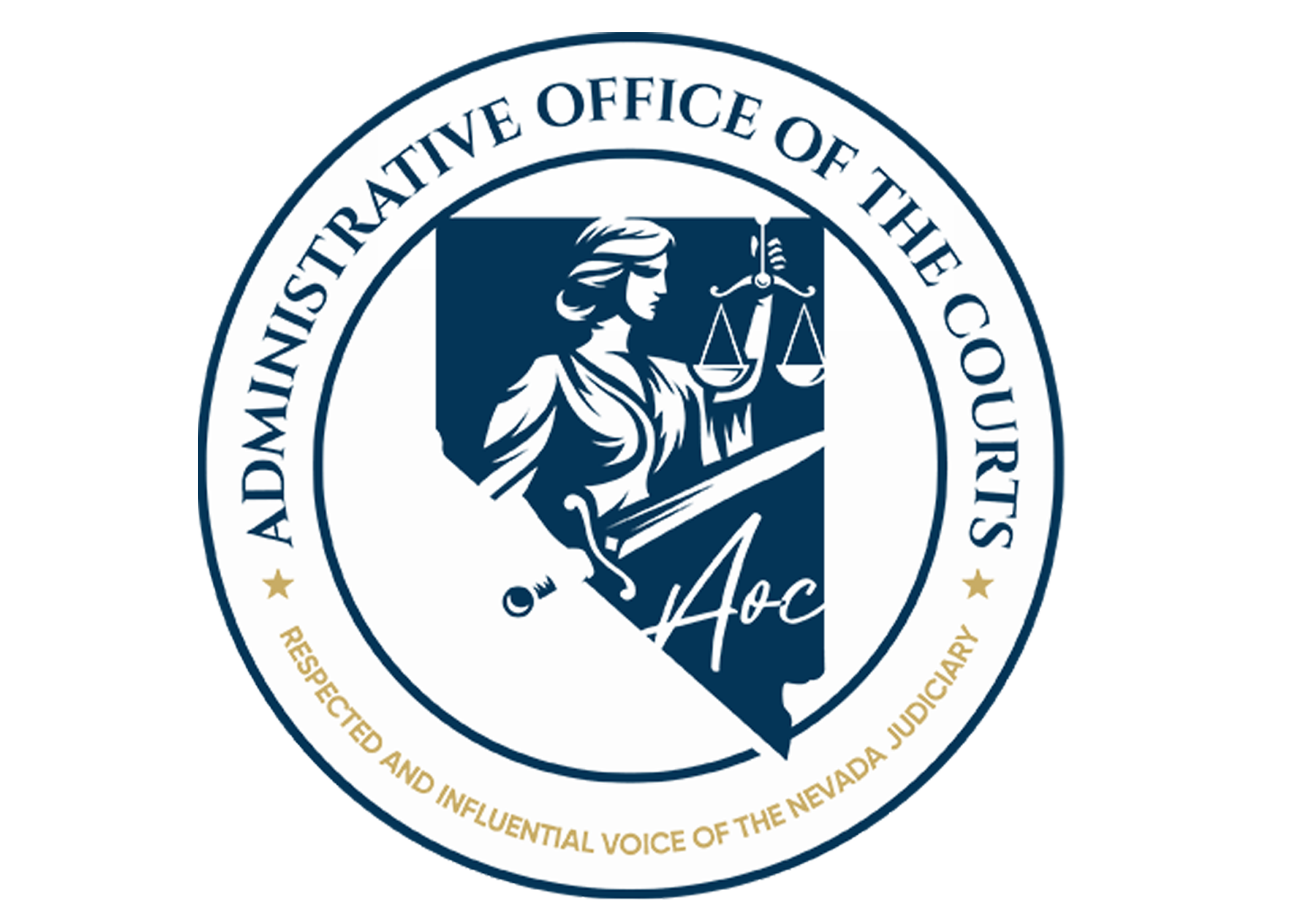State and Tribal Courts in Nevada
When people think of Nevada’s courts, the state system usually comes to mind: the Supreme Court, district courts, justice courts, and municipal courts. These courts, created under the state constitution and guided by laws passed by the Legislature, handle a wide range of cases including criminal prosecutions, civil disputes, family matters, and appeals. They serve Nevadans across all 17 counties and provide the foundation for justice in the state.
Alongside the state courts, Nevada is also home to tribal courts. These courts operate under the sovereignty of the state’s 28 federally recognized tribes, each with its own constitution, codes, and traditions. Tribal courts primarily hear civil and criminal matters involving Native community members on tribal lands, but their role extends far beyond the resolution of disputes. Many tribal courts incorporate cultural values and restorative practices, making them central to community healing, family preservation, and the continuation of tribal identity.
Although state and tribal courts are separate systems, they frequently work together in meaningful ways. Cases involving child custody, protection orders, or criminal matters may cross jurisdictions, requiring careful coordination. Protective orders issued by tribal courts are recognized in state courts, and state-issued orders are honored in tribal courts, which helps promote safety across communities. Judges and staff from both systems also participate in joint education programs and statewide initiatives, including those through the National Judicial College’s National Tribal Judicial Center and the Nevada Court Improvement Program, all aimed at advancing mutual understanding, promoting fairness across jurisdictions, and supporting the well-being of Nevada’s families.
Recognizing the roles of both state and tribal courts highlights the diversity of justice in Nevada. State courts serve the public under the authority of Nevada law, while tribal courts affirm the sovereignty of Native nations and reflect the traditions of their communities. Together, they form a fuller picture of justice in our state, one that respects history, values sovereignty, and promotes fairness through collaboration.

